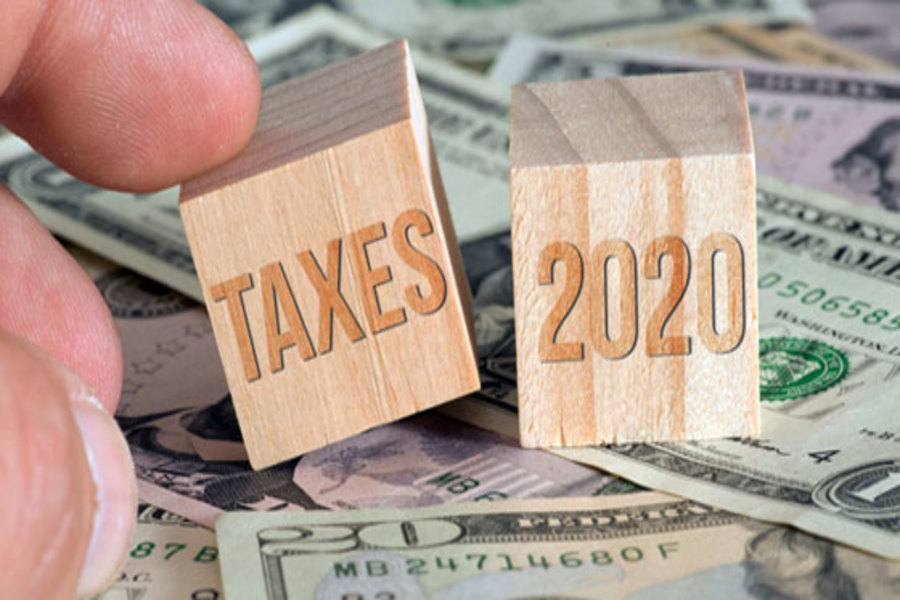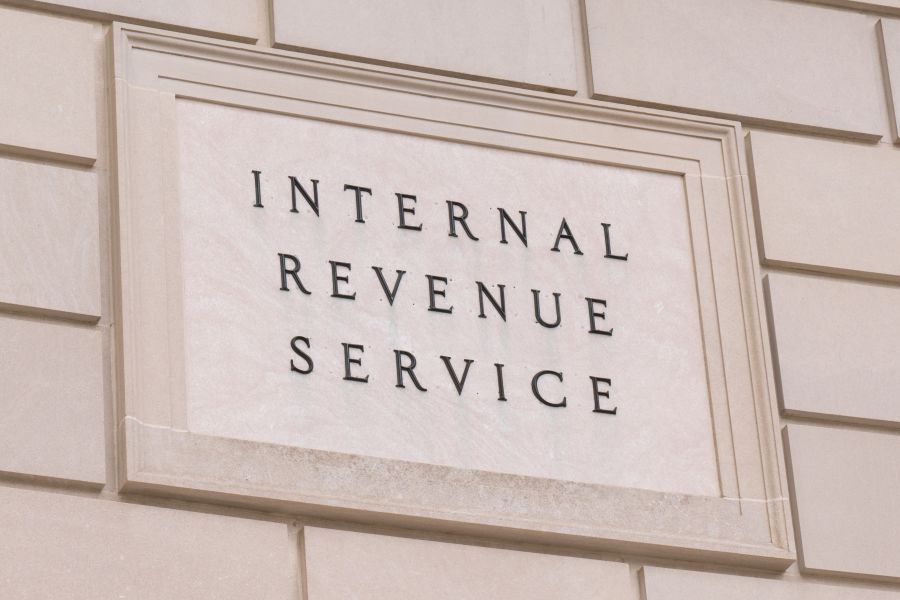According to data company Dun & Bradstreet, business identity theft increased more than 250% in the first half of 2020. You can thank the pandemic — and the government’s release of relief and recovery funds to qualified U.S. businesses — for this remarkable number. In a more typical year, crooks use stolen business identities to file fraudulent tax returns, apply for credit and empty bank accounts. Is your business vulnerable? However they might try to use your company’s information, there are steps you can take to reduce the risk. Protecting sensitive information Thieves often use malware to infect computers and gather sensitive data from businesses. They also create fake websites that trick employees into entering login and password information. To protect against these tactics, deploy patches when...

These days, many offices and other workspaces are nearly empty as employees work from home. This can make companies that don’t safeguard their computers, printers and other equipment vulnerable to theft from outsiders. Even during normal times, businesses often lose assets because crooked employees walk out with them. Here’s how to protect valuable property — no matter who’s eyeing it. Asserting ownership First, claim your business’s assets. This means adding security plates and indelible identity markings to machines. These additions can help you track stolen equipment, inhibit resale and discourage thieves from trying to steal in the first place. Security software can help you track stolen computers online. As soon as the thief connects to the Internet, the computer’s software contacts a security firm’s monitoring system, which traces...
If you own a business, you may wonder if you’re eligible to take the qualified business income (QBI) deduction. Sometimes this is referred to as the pass-through deduction or the §199A deduction. The QBI deduction: Is available to owners of sole proprietorships, single member limited liability companies (LLCs), partnerships, and S corporations, as well as trusts and estates. Is intended to reduce the tax rate on QBI to a rate that’s closer to the corporate tax rate. Is taken “below the line.” In other words, it reduces your taxable income but not your adjusted gross income. Is available regardless of whether you itemize deductions or take the standard deduction. Taxpayers other than corporations may be entitled to a deduction of up to 20% of their QBI. For...
Management overrides of internal controls can make your company more vulnerable to fraud. This is true even when managers have innocent intentions — for example, they don’t feel they have time to follow proper accounts payable procedures because a vendor is requesting immediate payment. Your company is at even higher risk of fraud losses . . . controls are ineffective . . . if a senior manager intentionally ignores the rules to manipulate financial statements. Warning signs Management overrides of financial controls can be difficult to detect. However, there are several warning signs that a manager isn’t fully adhering to the policies and procedures your organization has adopted. For instance, a manager may fail to call attention to business risks or dispute an auditor’s findings regarding his...
Ghost employees and other payroll scams are trouble for employers. They may be just as fictional as the paranormal activities in your favorite scary book or movie, but if you have ghost employees on your payroll, you have fraud. And if you have fraud, you have potentially significant financial losses. Anatomy of a scheme Ghost employee schemes usually are perpetrated by employees who have easy access to payroll records. If your company’s internal controls are loose enough to be exploited, a greedy or disgruntled staffer could invent an employee, put this “person” on the payroll and direct deposit paychecks to a bank account in the ghost’s name. It may seem like it would be easier to hide ghost employees in large companies. In fact, small businesses, where a...
Timing of Non-Deductibility of Forgiven PPP Loan-Funded Expenditures In guidance issued on 11/18/2020, the IRS has made it clear that taxpayers with a "reasonable expectation" that their Paycheck Protection Program (PPP) loan will be forgiven may not deduct expenditures that were paid with the proceeds of those loans, even if the actual forgiveness has not yet been granted prior to the end of the taxable year (Revenue Ruling 2020-27). In this Revenue Ruling, the IRS states that, because the calculation of forgiveness is based on eligible expenses that were paid with PPP funds, the forgiveness of the loan amounts used for these eligible expenses is "reasonably expected to occur", and therefore, under §265, claiming tax deductions for such eligible expenses would be not be appropriate. In a...
The California Legislature passed, and the governor signed, Senate Bill 1447 (click here for FTB Bill Analysis) into law creating a new small business hiring credit (SBHC) for small businesses impacted by economic disturbances in 2020. The Small Business Hiring Credit is also referred to as the “Main Street Hiring Credit”. Overview Taxpayers can use the credit against income taxes (personal income tax, corporation franchise or income taxes), or can make an irrevocable election to apply the credit against sales and use taxes. The credit is equal to $1,000 for each net increase in "Qualified Employees" (as outlined below), as measured in monthly full-time employee equivalents (FTEs). The total amount of credit for each employer cannot exceed $100,000. Taxpayers must get a tentative credit reservation from the California...
In IR 2020-226, the Internal Revenue Service, on 10/1/2020, encouraged taxpayers to consult an independent tax advisor if they participated in a micro-captive insurance transaction. The IRS encourages any taxpayer who has continued to engage in an abusive micro-captive insurance transaction to not anticipate being able to settle its transaction with the IRS or Chief Counsel on terms more favorable than previously announced settlement offers and that any potential future settlement initiative that the IRS may consider will require additional concessions by the taxpayer. With this in mind, the IRS encourages taxpayers to consult an independent tax advisor if they participated in a micro-captive insurance transaction. These taxpayers should seriously consider exiting the transaction and not claiming deductions associated with abusive micro-captive insurance transactions, just like many other taxpayers...
IRS issued Notice 2020-71 which contains the special per-diem rates for taxpayers to use, after 9/30/2020, to substantiate ordinary and necessary business travel expenses. Background An employer may pay a per-diem amount to an employee on business-travel status instead of reimbursing actual substantiated expenses for away-from-home lodging, meal and incidental expenses (M&IE). If the rate paid doesn't exceed IRS-approved maximums, and the employee provides simplified substantiation (time, place, and business purpose): the reimbursement is treated as made under an accountable plan (e.g. it isn't subject to income or payroll-tax withholding), it isn't reported on the employee's Form W-2, and receipts for expenses aren't required. In general, the IRS-approved per-diem maximum is the General Services Administration (GSA) per-diem rate paid by the federal government to its workers on travel...
Not all shell companies are dishonest. Despite their often-sinister reputation, these paper-only companies may be used legitimately to hold another business’s assets. Or they may be the “empty container” left after a company downsizes or is acquired. That said, some fraud perpetrators use shell companies to embezzle funds, evade taxes, dodge debts and commit other illegal acts. For many businesses, the biggest threat posed by illegitimate shell companies is that unscrupulous employees will use them to perpetrate billing fraud. Here’s how to spot a shell scheme in your midst. Under cover Employee-perpetrated shell company schemes take one of two forms. In the first, an employee sets up a shell company to send out — and collect on — fictitious bills. Perpetrators don’t have to send the bills for...











